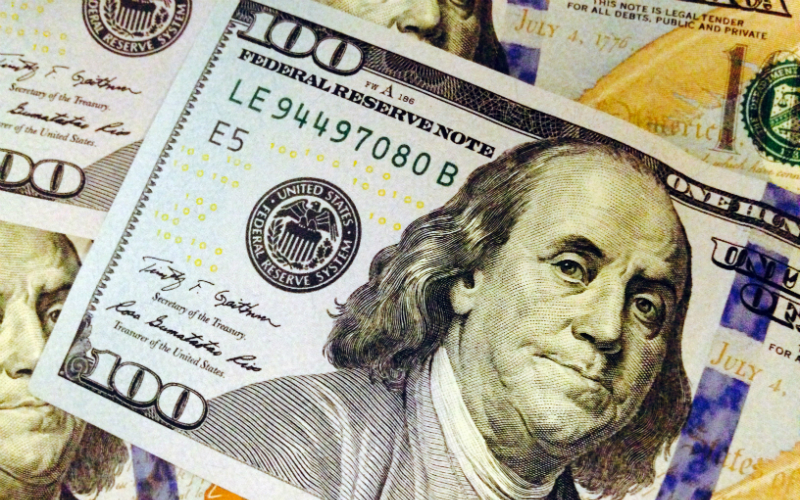Three-part series on cryptocurrencyPart 1: 'Digital Dollar' could compete with China … and copy it, too Part 2: An explainer about NFTs: A good collectible, bad investment Part 3: Blockchain: What you need to know |
One of the benefits to cryptocurrencies like Bitcoin or Ethereum is that they aren't under the control or supervision of a central authority – such as a bank or the government. But if a bank isn't going to keep track of your money, how can anyone know how much you have and how you spend it? The technology behind cryptocurrency is known as "blockchain."
John Berlau of the Competitive Enterprise Institute says tens or hundreds of thousands of computers have a copy of what amounts to a virtual checkbook register with everyone's transactions logged into it.

"It is a distributed ledger where a bunch of people have it and a bunch of people maintain it," he describes.
When an individual buys or sells cryptocurrency or exchanges it for something else, that transaction is recorded on one of the computers and then distributed to the rest. A majority of them have to agree – or the transaction never happened. And the transactions are encrypted so it's anonymous and virtually impossible to hack … or even track anyone else's account.
"It's a global system – and it would be very difficult for the government to get control," adds Berlau. "I believe even China is having challenges getting control over it."
Governments, including the Biden administration, are trying to lay down some rules so they can unearth financial crimes like money laundering or drug trafficking or fraud. They also want to be able to tax the roughly three-trillion dollar – and growing – market.
The Associated Press reports the use of cryptocurrency and other digital assets have exploded in recent years. Surveys show that roughly 16% of adult Americans – or 40 million people – have invested in cryptocurrencies. And 43% of men age 18 to 29 have put their money into cryptocurrency. Berlau admits it worries him that the government will impose so many restrictions that it will be hard for middle-class and lower-income Americans to obtain cryptocurrency.







